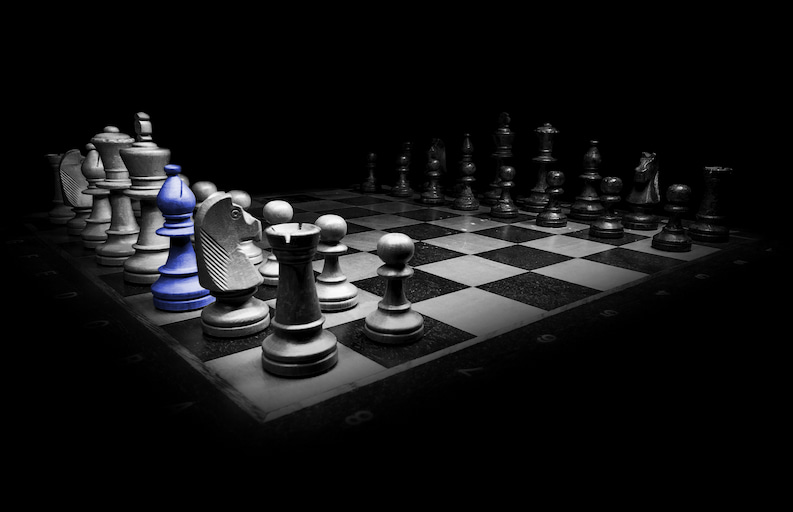 The most important lesson I've learned about strategy is just how important it is to keep it simple.
The most important lesson I've learned about strategy is just how important it is to keep it simple.
At the end of the day it all boils down to working out: What is the best thing to do next?
I like to call this the Next Best Action or NBA.
Now, of course, answering that question can be quite difficult.
🌟How do you define 'best'?
🌟How do you evaluate your options?
🌟How do you know you've not missed something even better?
That is especially hard when facing a future we can never know with certainty. And it is for that reason that we develop all sorts of tools and techniques to help. But that fundamental question remains simple.
I've heard people argue at length about the meaning of different terms used in strategy. What is the difference between purpose and mission? Between strategy and tactics? Between goals and objectives? etc.
But, at the end of the day, those are just arguments about words. And words are made up.
It's true that we need words to communicate ideas. But let's not forget that all we're really trying to work out the best thing to do next.
So next time you come across someone who insists on engaging in ideological sophistry, I'd suggest you find someone else to help you with your strategic thinking!
There is no one-size-fits-all approach to strategy. In fact, strategy is inherently context-dependent - that is - it is inevitably different every time.
That being said, there are some general principles that you can probably take as good starting points.
For example:
👍 It's generally easier if you can offer your customers something they really want, are willing to pay (more than it costs you to deliver it) for, and can't easily get anywhere else.
👍 It's generally better to focus on the small number of things that will make the most difference, than on the larger number of things that will make less difference.
👍 It's generally better to break things down into the smallest amounts of work that will deliver actual value.
👍 It's generally better to finish a few things than it is to start many things.
👍 Organisations generally perform better when everyone buys into the overall plan, understands their role in delivering it, and is organised, incentivised and resourced effectively to work together to achieve it.
👍 It's generally better if what you do is harder for others to copy.
etc.
Even those principles should be treated as helpful starting points and not dogma.
If you want to get ahead, focus on the basics. Pursue them persistently and with discipline. And keep it simple.
As Albert Einstein said: "Keep things as simple as possible, but no simpler." Or, as Leonardo da Vinci said: "Simplicity is the ultimate sophistication."
We built StratNavApp.com to help you keep your strategy simple without sacrificing the power of strategic thinking and action. I you haven't tried it out yet, why not give it a go right now!?
